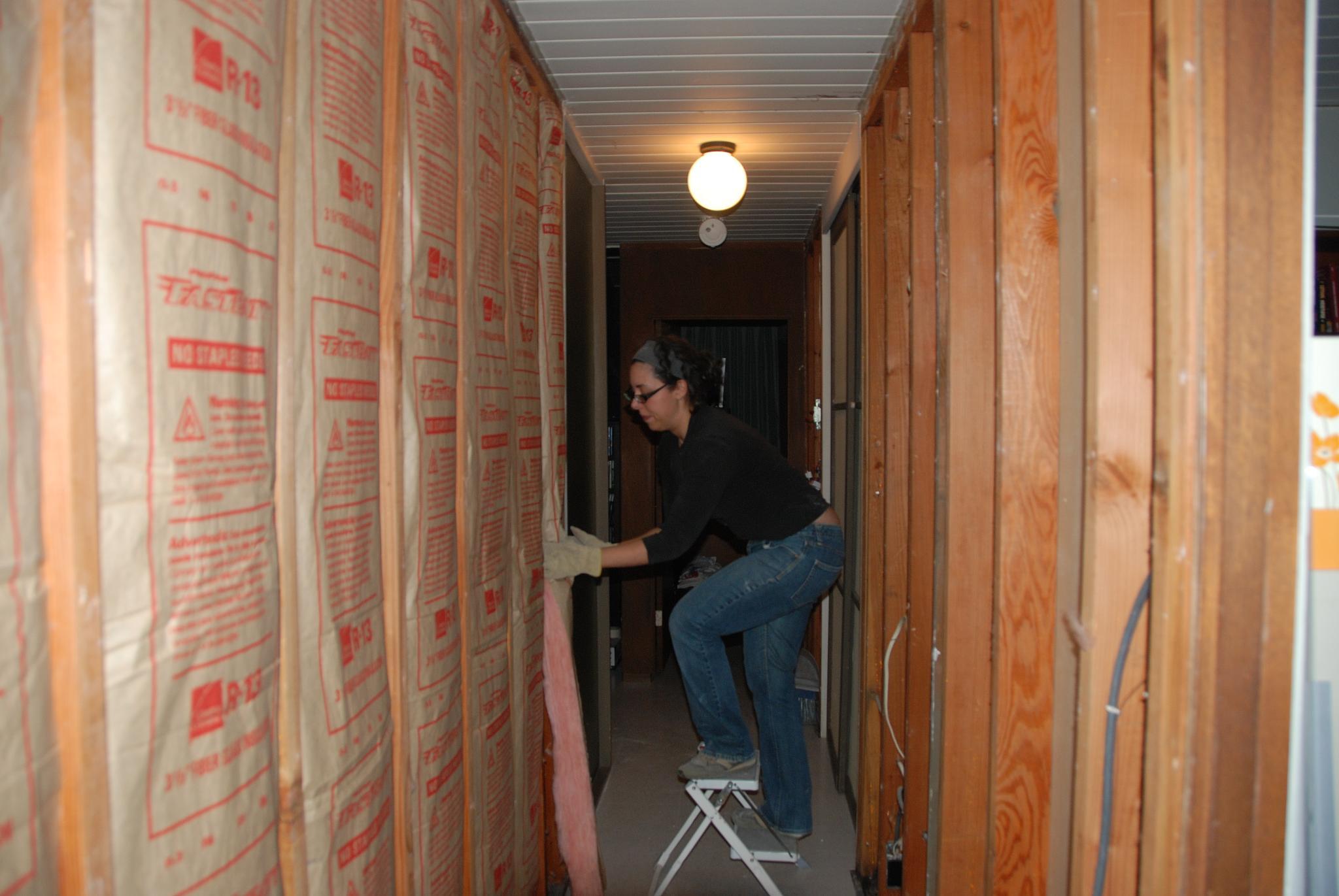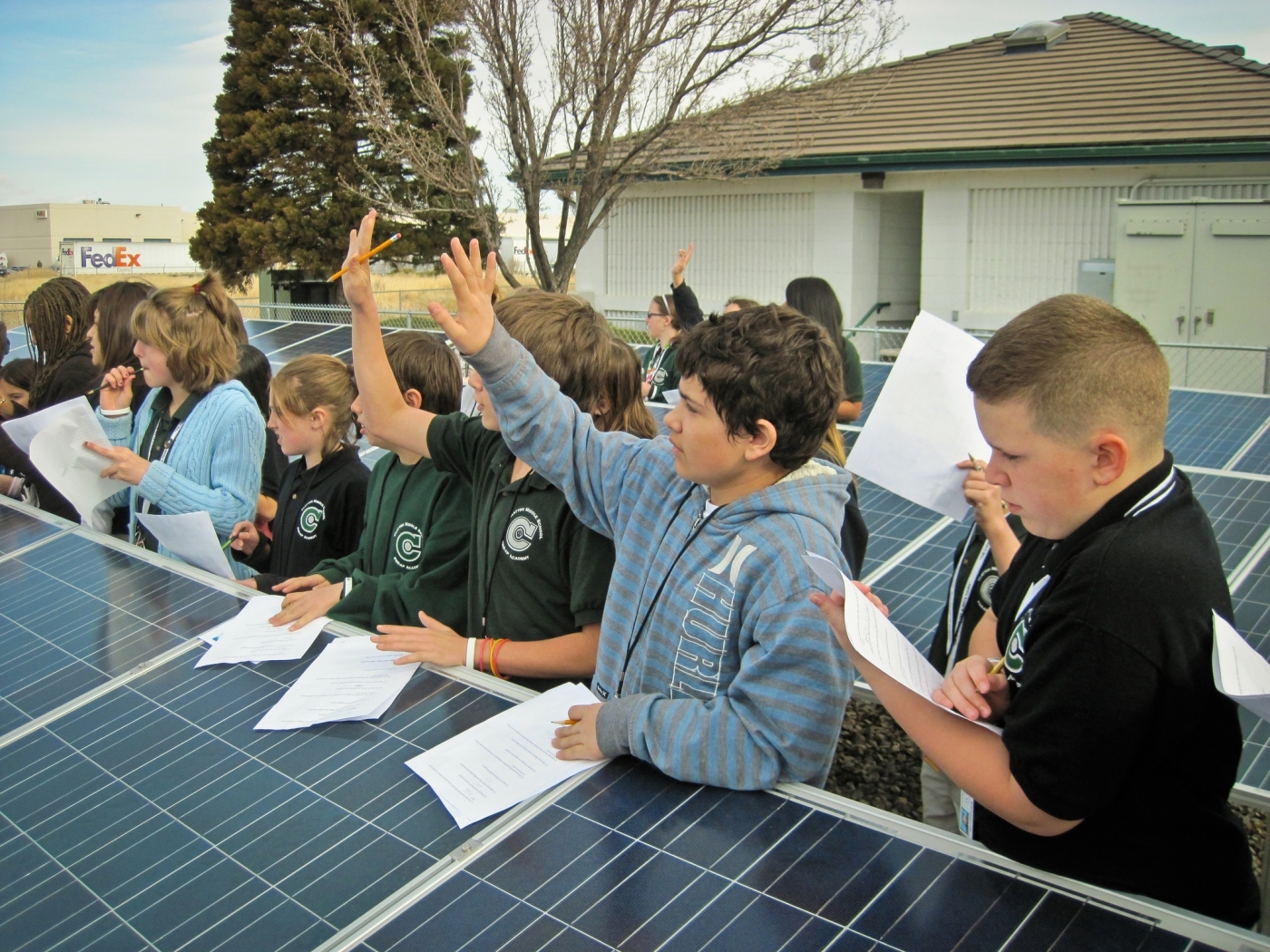Rebooting the UK’s Green New Deal
Lessons from the last 10 years – and challenges for the next
25 January 2019
In what seems like the blink of an eye, everyone’s talking – again – about a Green New Deal. Over in the US, the unstoppable rise of representative Alexandria Ocasio-Cortez has electrified the Sunrise Movement’s call for a ‘Green New Deal’ – a plan, designed by young activists, for a mobilisation of resources unprecedented in peacetime. It aims at nothing less than the total decarbonisation of the US economy within a decade, and the guarantee of green jobs to anyone who needs or wants one.
As a headline ambition it doesn’t only respond directly to the multiple outrages of the Trump era, but is also the perfect expression of the optimism, anger and ambition of a new political movement. It dares to redefine expectations of what’s possible and required not just in climate but economic and social policy. And, for now at least, it has captured the public imagination: green economic renewal is popular. We hold our collective breaths to see what happens next.
So: what about us? With the UK not just staring down the political sinkhole of Brexit but reeling from a decade of austerity, it feels like high time for a rejuvenation of our very own Green New Deal. A decade ago NEF was the convenor of the Green New Deal group. Economists, academics and environmental campaigners set out a similarly big plan to do three things: invest massively in decarbonising the economy; in the process, deliver a huge economic stimulus responding to the financial crisis, backed by a ‘carbon army’ of new green jobs; and use all levers of economic, fiscal and monetary policy to do so, as part of the broader mission of reorienting the economy around social and environmental justice.
Since then, the following have only got more pressing:
- We need to spend really, really big to avoid or reduce the climate crisis. The world has about a decade to halve greenhouse gas emissions. Overwhelmingly climate change is caused by the richest, and its impacts hit the poorest hardest. Failure to act is not just a matter of injustice but also terrible economics: the costs of cleaning up after the damage caused by unabated climate change would be astronomical.
- The UK economy is desperately unfair. We are witnessing ever greater concentrations of wealth alongside the rise of food banks. It is fuelled by consumer debt and consumption, not investment and long-term sustainability. And the government’s economic policy doesn’t deliver for people, just as it doesn’t for the planet. It is guided by assumptions about the primacy of free markets and shrinking the state. As a result a shrinking of ambition has taken place – the job of government reduced to trying to nudge the whims of freewheeling global capital and oligarchs.
- There is a profound intergenerational injustice. Younger people are shut out of the housing market; face costs for higher education that their parents never had to pay; and are staring down the barrel of an epoch-shaping environmental crisis that will shape their lives. This tension will not hold. As teenage activist Greta Thunberg said to the UN: “Change is coming, whether [world leaders] like it or not.”
Many of the core tenets of the original Green New Deal remain inarguable. The looming imperative of responding to the collapse of the banks may have passed, but the case for active state investment has not, and the underlying economic problems remain unresolved. So called ‘fiscal rules’ – government targets for debt and borrowing – leave government hamstrung in its attempts to accelerate the green transformation to avert or manage otherwise intolerable environmental change. These rules, the very definition of irresponsible policy making, need to change. Austerity has hit local and national government’s ability to lead on climate change; the Green New Deal puts it squarely back.

Today’s UK Green New Deal should aim even higher than the original. One of the appeals of the US version is that it places poverty reduction and decent work at the very heart of its thinking – essential in the UK too as an answer to poor pay and bad jobs. So our Green New Deal must focus on empowering workers in high carbon or polluting industries, and trade unions must have the voice they need to lead the design of any green jobs guarantee. But it must also reflect the changing world of work itself, with new jobs created to increase democracy and ownership in the workplace, and starting to establish shorter working weeks as the norm, without a loss in pay.
And the very definition of ‘green’ itself has been recast. Climate change is the most pressing but not the only environmental challenge on our plates, as Charles Secrett argues. Think not just of the Blue Planet effect, but the reality of what modern industrial farming has done to the UK’s wildlife and habitats. The Green New Deal needs to also be a plan for sustainable farming, healthy seas, clean air and the rest of it.
Nor should it constrain its ambition to the generation and use of energy: we need to build three million social homes in the next 20 years, and it’s essential that these are built to the highest green standards possible, making them affordable not just to own but to live in. Insulating the nation’s homes, and in so doing generating many thousands of jobs, was a centrepiece of the previous UK Green New Deal proposals and NEF’s more recent Blue New Deal. Yet it remains one of our most looming challenges, thanks to failed attempts to do it without state investment.

Most importantly though is to get real about why the proposals didn’t take off first time round. They were just ideas on a page, not attached to nor emergent from a powerful movement that sought to respond to troubled times with a recasting of the art of the possible. Plans without power are just pipe dreams. Key to understanding what’s happening in the States is that it is a demand inseparable from a movement. And so this time around, the task isn’t just to corral people in a room to come up with policy, but to turn policy making on its head.
One of NEF’s focuses over the last decade has been on what we (perhaps cheekily) call a Blue New Deal: targeting those twin principles of ambitious environmental action and socially-driven economic regeneration to co-design a plan for healthy seas and prosperous coastal communities. We spent two years finding out the reality of everyday life in towns and cities from Aberdeen to St Ives, and convened policy generation workshops with people from different perspectives from right around the UK coast. As a result, we know that the final manifesto – which demands that more power is given to local areas to shape their own healthy and prosperous futures, while making clear what national government has to do to hugely step up its support – will actually work.
A new Green New Deal should not just be about economic stimulus, but about meeting people’s very significant and immediate needs now, while shaping a fairer, more democratic and sustainable economy for tomorrow. And so, while a national Green New Deal movement in the UK feels inevitable, it is also vital that there are equivalent Green New Deal groups in every town and city in the country.
Every neighbourhood has an Ocasio-Cortez; someone for whom the threat of environmental desecration is real, woven into every action they take, and indistinguishable from their broader critique of a failing, unfair, economic model. By working together at a local and national level, we can change the rules that shape our economy to protect the planet, build a more equal society and give everyone a say in how the economy is run.
Banner image: US Department of Energy (Public Domain)
Topics Climate change Environment






